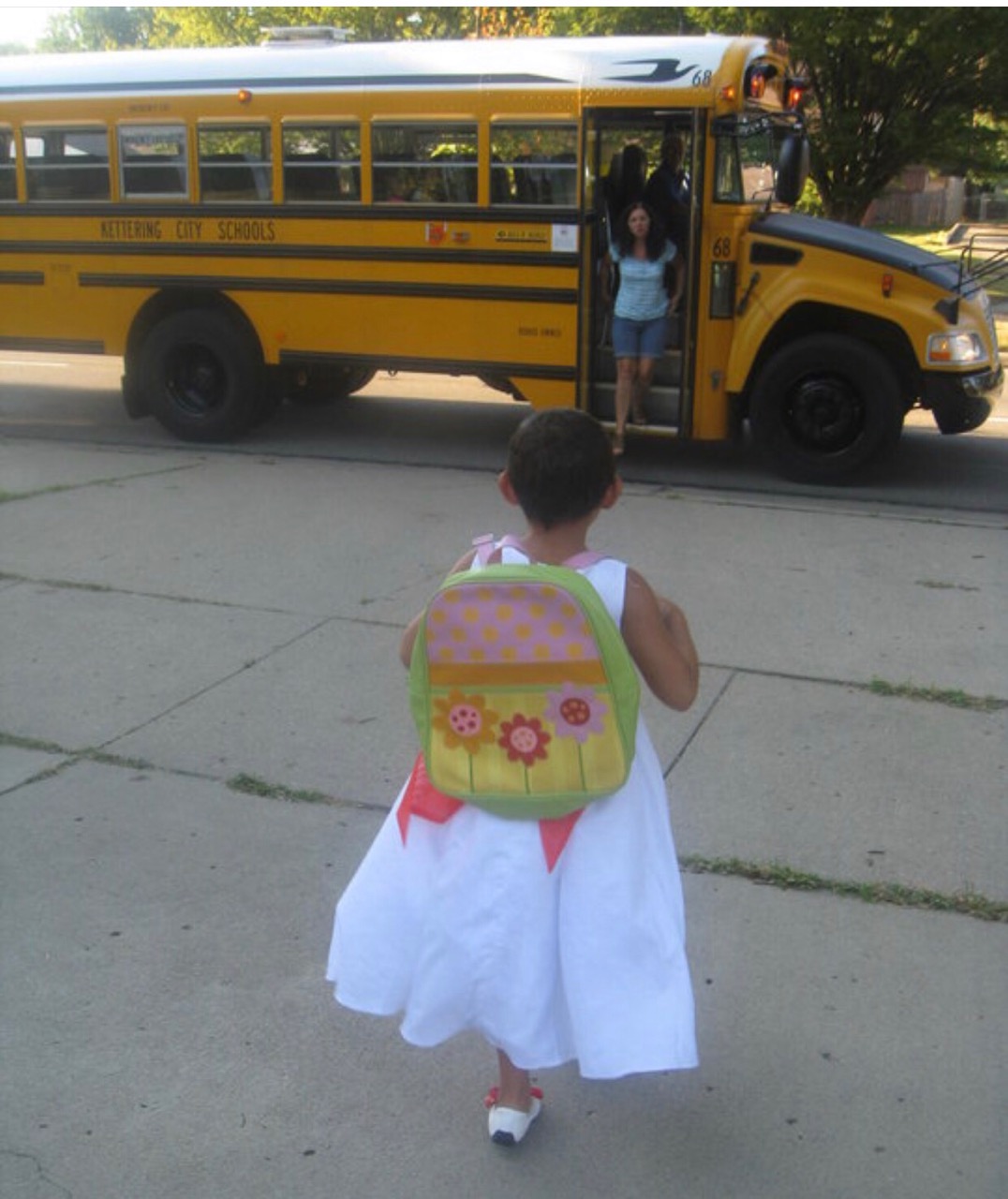September is Pediatric Cancer Awareness month. You may have already seen “Go Gold” posts popping up all around social media in honor of this special month.
But if we are being honest, we will admit that pediatric cancer is not something we like to talk about. It goes against so much of what we want to be true in this world.
Kids are supposed to run and play and giggle and sing. They are supposed to play dress up and make believe. They’re supposed to make big giant messes. They’re supposed argue with us over nap time because they are having so much fun being awake that they don’t want to miss anything.
Kids are NOT supposed to get sick.
They are not supposed to be so used to getting shots that the sight of a needle doesn’t faze them. They are not supposed to be so lethargic that they can’t get out of bed for days on end. They are not supposed to be confined to a room with little or no interaction with the outside world, for fear that it would compromise their (already compromised) immune system.
This just isn’t the way things should be. It is hard to even wrap your mind around a reality like this.
The good news is that we are making tremendous progress in treatments for childhood cancer. The overall 5-year survival rate is approaching 80%, with some types of cancers above 95%!
One area I believe we can improve upon, however, is the promotion of exercise in pediatric cancer survivors.
I bet you already knew I was going to say that!
I know, I know. I’m an exercise person. I’m working tirelessly to advocate for exercise to become a part of the national standard of practice in cancer care.
We have a long way to go with both the adult population and pediatrics.
However, a simple search on the Pubmed database will reveal more than 15,000 published, peer-reviewed articles on the efficacy of exercise oncology in an adult population.
The same search will pull up 34 published studies in a pediatric cancer population. Two of these articles were published from our lab.
Yes. We have a loooooong way to go.
Treatment for childhood cancer is associated with a wide array of negative side effects. These include impaired growth and development, cardiac compromise, fatigue, musculoskeletal weakness, and impaired cognitive/neurological function.
Therefore, it is important to focus our attention not only on survival rates, but on quality of survival.
The 34 published studies on this topic agree that exercise has the potential to improve cardiac and musculoskeletal function, as well as fatigue and psychosocial health. Further research is needed in order to determine the specific exercise type and intensity needed to optimize physical functioning.
In December of last year, we launched our new pediatric exercise oncology program with Dayton Children’s Hospital. In the 10 months since, we have had the opportunity to serve numerous pediatric cancer survivors, while collecting data to add to the existing literature.
We have seen exercise change the lives of these young patients.
One such patient is Bonnie. At the age of 3, Bonnie was diagnosed with Acute Lymphoblastic Leukemia. She was once a feisty and vibrant little girl who wore princess dresses everywhere she went, and now suddenly she had difficulty moving.
Hear me say that again. She had difficulty MOVING.
Her treatment caused an undiagnosed disease to her gallbladder. For years, Bonnie had “lost her spark”, as her mother said.
But just a few short months ago, Bonnie came to Maple Tree.
Each week, Bonnie and her trainer Rachel complete a full body workout. Together they do strength training and flexibility exercises, consisting of lunges, jumping jacks, planks, squats, and stretching.
After 12-weeks, Bonnie has seen significant increases in her muscular strength and endurance. Her heart is stronger. She has more energy.
Her mother summarizes these improvements simply by saying “I am so joyed to see my girl’s true spirit resurfacing”.
THIS is why we do this work. This is why we won’t give up advocating until exercise is the standard of care in adult and pediatric cancer.
It is an honor to stand along side these courageous children in this worthy endeavor!

